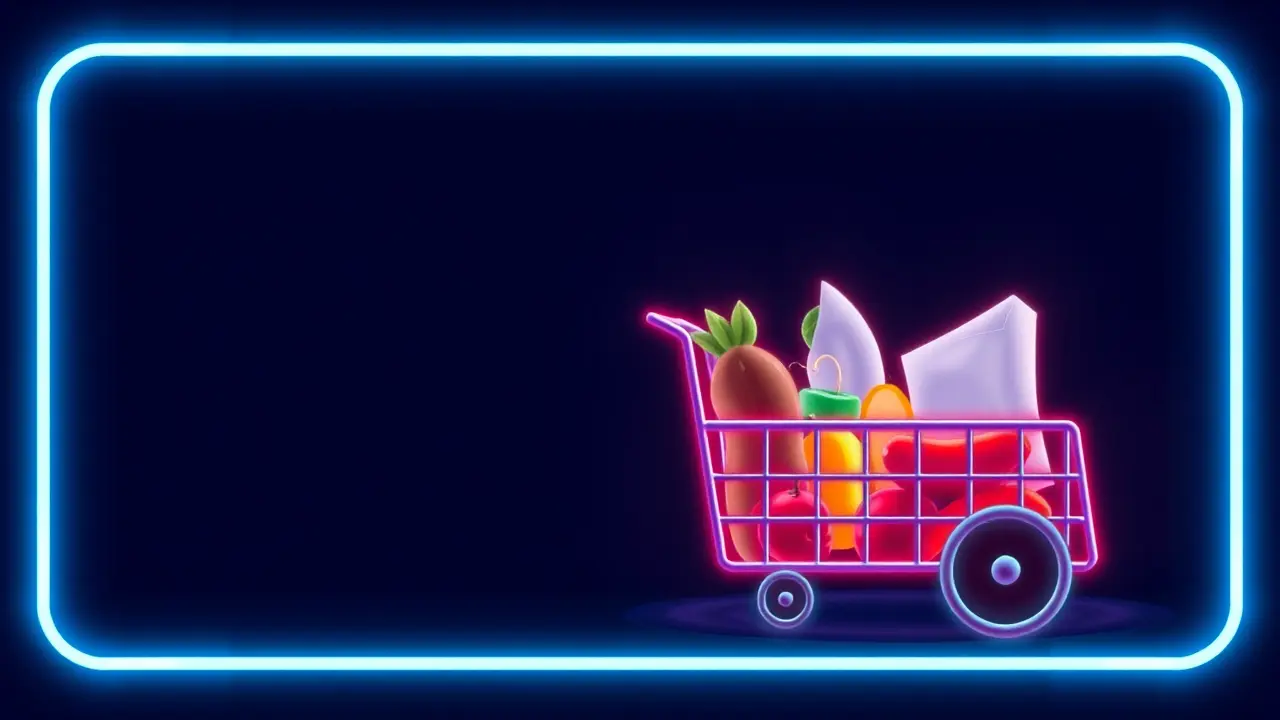
Politicshuman rights
USDA Warns Retailers Against SNAP Discounts.
AN
Anna Wright
8 hours ago7 min read1 comments
In a move that has cast a stark light on the bureaucratic rigidity facing America's most vulnerable, the U. S.Department of Agriculture has formally warned retailers against offering discounts to the 41 million citizens whose Supplemental Nutrition Assistance Program (SNAP) benefits were abruptly halved this month. This directive, confirmed by the USDA to *Fast Company*, arrives amidst a landscape where restaurants, food banks, and nonprofits have scrambled to fill the void left by the federal government's funding lapse, creating a cruel paradox where community aid is welcomed while institutional price breaks are forbidden.The agency is invoking its 'equal treatment rule,' a regulation originally designed to protect SNAP recipients from being charged *more* than other customers, now weaponized to prevent them from paying *less*. This unprecedented application of the rule feels particularly jarring when contrasted with the commonplace, discretionary discounts grocery stores routinely offer to other groups, such as seniors on designated days, raising profound questions about whose equality is truly being protected.The human impact of this policy is immediate and tangible; according to reports from MSNBC's Catherine Rampell, at least two locally owned grocery stores were forced to retract promised discounts to struggling families after receiving the USDA's notice, thrusting both retailers and beneficiaries into a deeper state of limbo. While the exact penalties for non-compliance remain somewhat nebulous, the USDA's own fraud notification letters threaten severe consequences, including permanent removal from the SNAP program, monetary fines, and even criminal prosecution.This creates a chilling effect, discouraging compassionate capitalism at the very moment it is most needed. The situation is further complicated by a two-tiered system of enforcement, where corporate giants like DoorDash and Instacart, part of a pilot program for online SNAP, operate under specific regulatory waivers from the Food and Nutrition Service that exempt them from this equal treatment requirement, allowing them to legally waive delivery fees for beneficiaries.This discrepancy highlights a familiar pattern in social policy where larger, systemic players navigate exemptions while small, community-focused businesses are penalized for similar acts of support. From a feminist and social policy perspective, this enforcement prioritizes procedural purity over human dignity, effectively punishing low-income families, who are disproportionately headed by women, for seeking a modicum of relief.It reflects a governance model that is critically out of touch with the lived reality of food insecurity, where a few dollars in savings can mean the difference between nutritional adequacy and hunger. The USDA's stance, maintained even during an ongoing government shutdown, suggests a concerning misallocation of administrative energy, focusing on penalizing kindness rather than solving the core crisis. This is not merely a regulatory footnote; it is a telling indicator of how policy can fail to see the people it is meant to serve, prioritizing the letter of the law over the spirit of community and survival in a time of profound need.
#USDA
#SNAP
#government shutdown
#food assistance
#retailers
#discounts
#regulation
#featured
Stay Informed. Act Smarter.
Get weekly highlights, major headlines, and expert insights — then put your knowledge to work in our live prediction markets.
Related News
© 2025 Outpoll Service LTD. All rights reserved.












